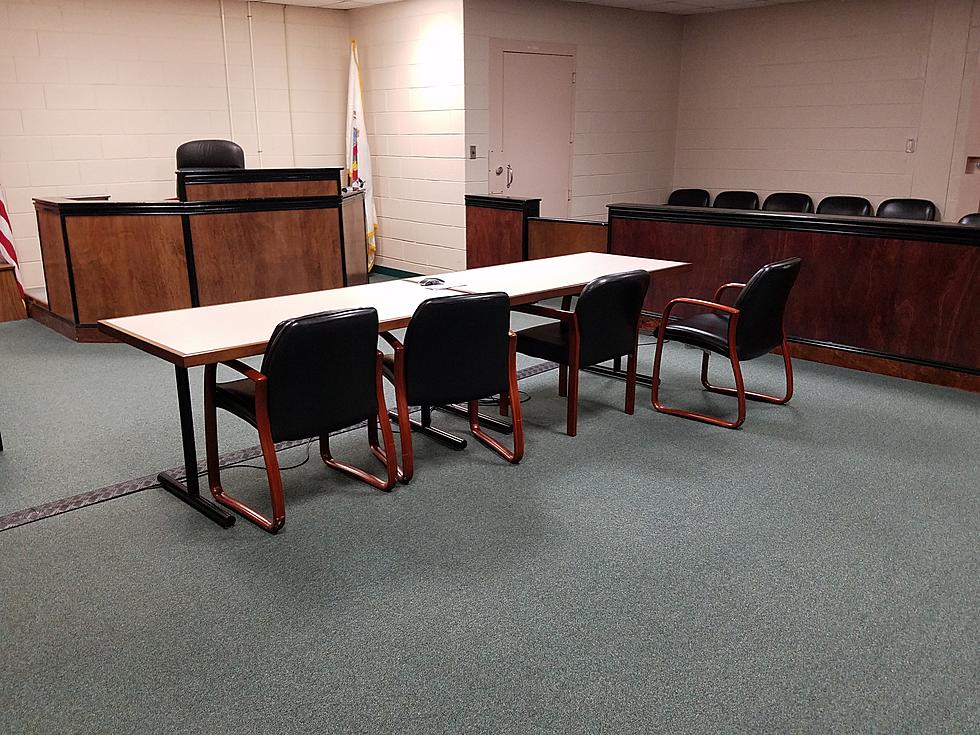
Internet acronyms teens and predators know, but parents should
Do you really know who your child is chatting with online?
Many kids use a variety of acronyms shortcuts when texting -- sometimes to keep parents in the dark.
You might be familiar with some of the common ones, like LOL (laugh out loud). But others might not be recognizable, and if your child is hiding something, they might being stalked by pedophile, according to internet safety expert Alicia Kozakiewicz.
Tragically, she learned that lesson first-hand.
The safety advocate, who goes by Alicia Kozak, was kidnapped by an online predator in 2002, when she was 13 years old.
She had agreed to meet what she thought was a boy her own age after communicating with him for months in a chat room. But the “boy” turned out to be an adult predator who grabbed her and drove her to another state, where she was repeatedly raped, beaten and tortured for four days until she was rescued by authorities.
“For kids, using acronyms is the easiest way to talk,” she said. "And they want to have their independence, but parents must know what these things mean because that’s where predators can swoop in.”
She said predators troll for victims on the internet because “you can talk to 10, 15 children at the same time, and see which child will fall prey, which child will take the bait.”
“That is why it’s so important to educate yourself as a parent.”
She said some acronyms are commonly used. There's IDK (I don’t know) and JK (just kidding. “But there are really troubling ones like GNOC, which is get naked on camera, NIFOC, naked in front of computer, or naked in front of camera," Kozak said.
“Also WTTP, want to trade pictures, TDTM, talk dirty to me, LMIRL, lets meet in real life, POS, parent over shoulder," she said.
Kozak said many acronyms are meant to help kids alert each other if parents are standing or sitting nearby, and “that right there is a sign they may be engaging in a behavior that may be dangerous.”
“Parents really need to stay alert and stay on the cutting edge of learning what different apps their kids are learning, and who they’re talking to and certainly the different acronyms they’re using,” said Carly Yoost, the founder and CEO of the Child Rescue Coalition.
She said if you give your child a smart phone, a tablet or any other device that’s used to go online, it’s critically important for them to understand there are conditions they must agree to in order to use that device.
Yoost said this can include having them sign a contract that spells out “what are the rules that they’re going to live by, and alert parents if predators or strangers are trying to contact them.”
She said they also need to understand their “parents are going to be following up and looking into their devices and social media platforms.”
A sample contract is available on the Child Rescue Coalition website.
A list of the top 30 acronyms and codes the coalition says parents need to understand:
- 8: Oral sex
- 99: Parent gone
- 142 or 459: I love you
- 182: I hate you
- 1174: Nude club
- ASL: Age/sex/location
- CD9 or Code 9: Parents are around
- FYEO: For your eyes only
- GNOC: Get named on camera
- GYPO: Get your pants off
- HAK: Hugs and kisses
- IWSN: I want sex now
- J/O: Jerking off
- KFY: Kiss for you
- KPC: Keeping parents clueless
- MIRL: Meet in real life
- MOS: Mom over shoulder
- NIFOC: Nude in front of computer
- NSFW: Not safe for work
- P911: Parent alert
- PAW: Parents are watching
- PAL: Parents are listening
- PIR: Parent in room
- POS: Parent over shoulder
- PRON: Porn
- RUMORF: Are you male or female?
- RUH: Are you horny?
- SWAK: Sealed with a kiss
- TDTM: Talk dirty to me
- WTTP: Want to trade pictures?
More from WOBM News:

More From Beach Radio










